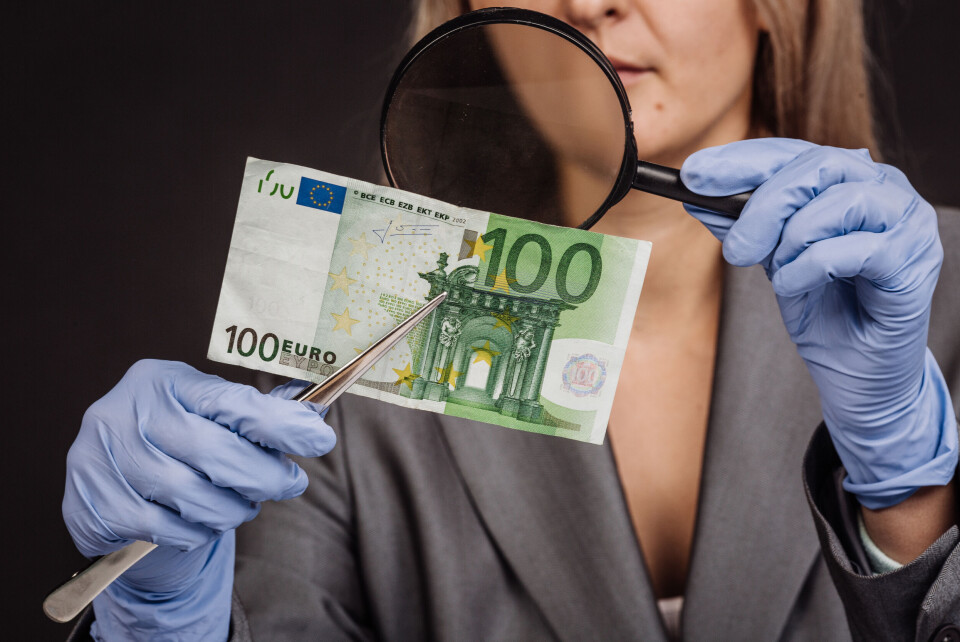-
Travellers risk extra costs under new Eurotunnel ticket rule
Some fare options are less flexible and less forgiving of lateness
-
May will be difficult month for train travel in France, warns minister
Two major train unions are threatening to strike and are ‘not willing to negotiate’, he says
-
Larousse dictionary adds 150 new French words - which ones do you know?
The new words come from trends in sport, nature, leisure, food, medicine, and the rest of the French-speaking world
Network of fake euro banknote traffickers discovered by French police
10 people have been arrested for their part in selling at least €300,000 of counterfeit bills

French police have arrested a group of 10 people for their suspected role in a fake euro banknote trafficking network in which they sold at least €300,000 of counterfeit bills.
The six men and four women were arrested in Marseille, Alençon, Rennes and Argenteuil, after more than two years of investigation.
The investigators stated that the group received their supply of counterfeit notes from the Camorra mafia clan based in Naples, Italy, France Bleu reported.
The alleged head of the network in France is a 65-year-old man from Marseille. During police searches, nearly €200,000 in fake notes was discovered, mostly made up of €100 bills.
The group would use the fake notes to buy up large quantities of hydroalcoholic gel in pharmacies as pharmacies are rarely equipped with counterfeit money detectors.
They also reportedly sold fake €20 notes for between €6 to €7 each, counterfeit €50 notes for between €16 to €20 each, and fake €100 bills for between €25 to €30 each.
The head of France’s central office for the repression of counterfeiting currency stated that “a highly organised mafia-type network has been dismantled”.
How to spot a fake banknote
The recommended way to test if a banknote is authentic is the “feel-look-tilt method”. You can also use special pens or devices that retailers often use.
The feel-look-tilt method is one you can apply easily at home. The banknote should feel crisp and firm. When you look at it against the light, the portrait window, the watermark and the security thread should become visible.
Finally, as you tilt the note, the image on the hologram and the colour-changing number on the back of the note should change.
For a more detailed breakdown of the feel-look-tilt method you can check the European Central Bank’s website here.
Read more:
Beware: French tax reimbursement email is a phishing scam
Scam alert in France as malware texts target parcel deliveries
Beware of scam Covid-19 appointment calls in France
























